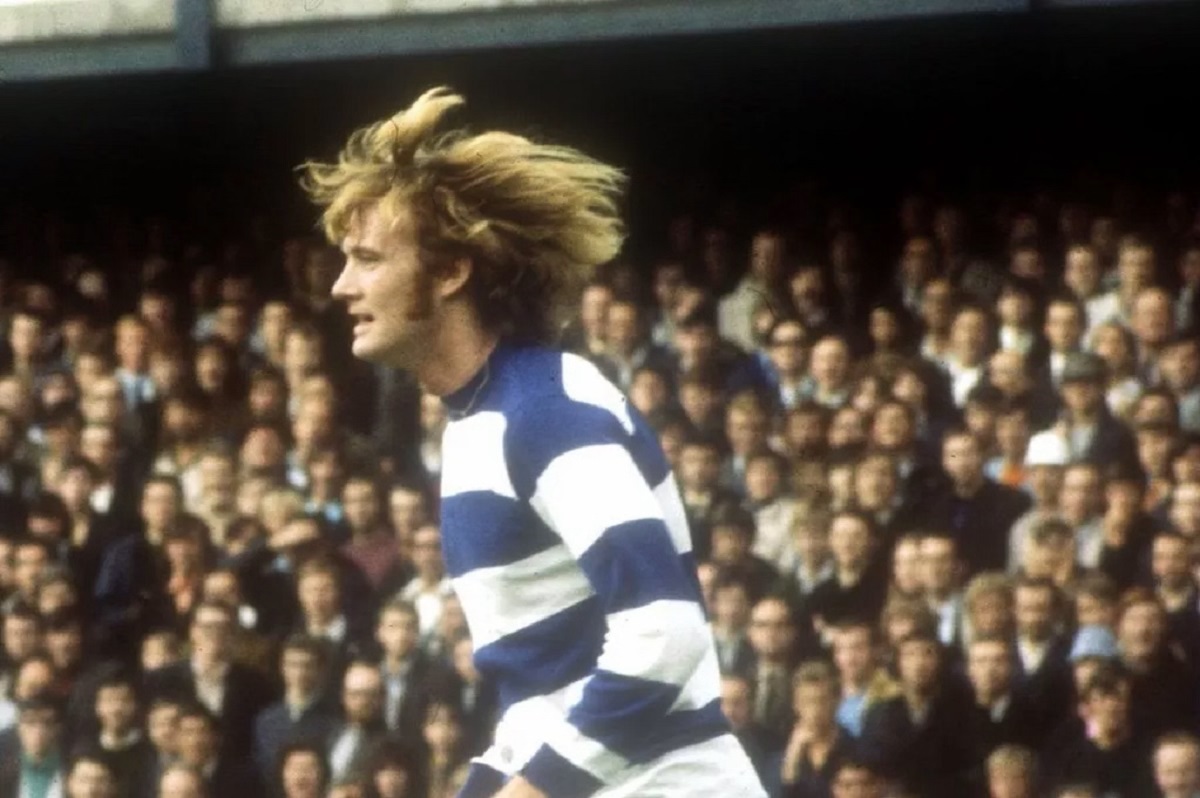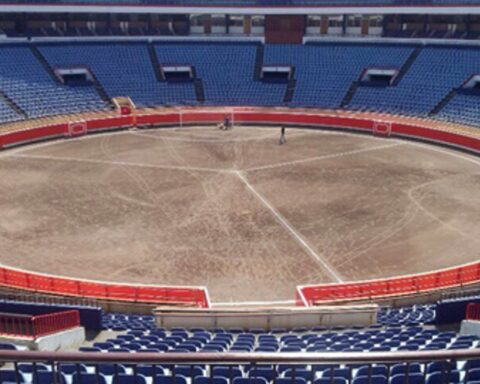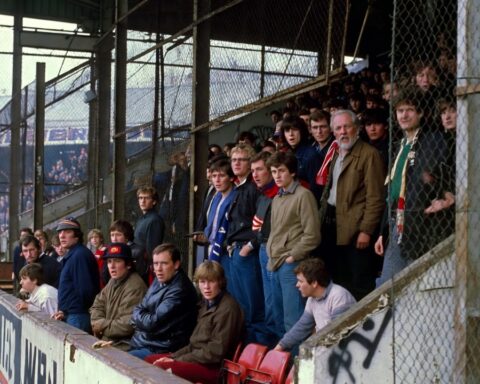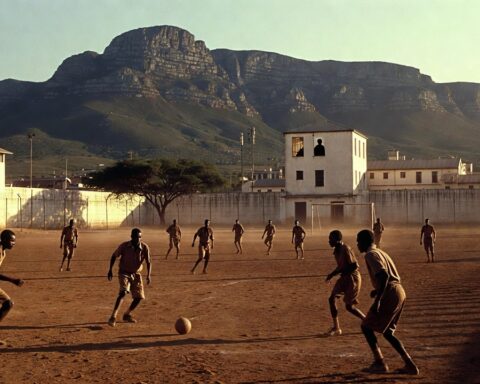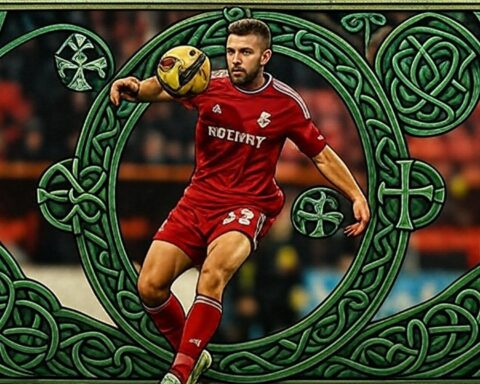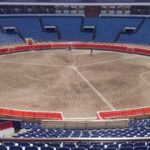Over the years, some very famous footballers have played for a spell in the League of Ireland with clubs enticing major stars of international football to spend brief periods of their later careers entertaining League of Ireland supporters.
In this series, Colm Murphy gives a rundown of some of the top “superstars” who “graced” the League of Ireland over the years.
Rodney Marsh
As the Cork Celtic experiment with George Best ended, neighbours Cork Hibernians announced the signing of Rodney Marsh on a five-game deal.
Marsh had signed a deal with Tampa Bay Rowdies having been released from Man City, but that deal did not begin until April 1st.
Marsh was only 31 years of age and just three years earlier had been signed for the huge sum of £200,000 from QPR.
Famously, Man City were four points clear at the top of First Division when he was signed but they eventually finished fourth.
He became City’s star player but fell out with then manager Tony Book that resulted in him being placed on the transfer list.
It is clear that his mate, Georgie, had told him about the lucrative money available in Irish football for a short-term stint. The Cork Hibs Chairman, Noel Duggan, said:
“We have been after Marsh since last September. He is a current world class star and signed for us today to play five games with an option to negotiate for further matches after that before he goes to America.
“He will fly over on Saturday and play for us against Limerick in the league and against Drogheda in the FAI Cup providing we can come to an arrangement with Drogheda”.
This was typical of the mindset that developed in the league at the time. Clubs became more interested in working out how to get a cut of the gate receipts when they brought their new superstar import to an away game rather than concentrating on just winning the match.
However, it was clear that if Drogheda refused to pay a cut of their gate receipts to Hibs then Marsh would be left out of the side.
It was revealed that Marsh was commanding a fee of £800 per match. Considering that this was considerably more than what Cork Celtic had paid George Best, it was a huge disappointment to Hibernians when only 4,400 people showed up to see his debut against Limerick.
Marsh produced a great display as Hibs won 2-1. His best moment came when he won possession midway inside his own half and went on a mazy run before laying off to Wiggin to score.
His next game was due to be away to St. Pat’s. The Inchicore side, who also had Dermot Keely and Sean Byrne in their team, were already pushing the boat out by paying Barry Bridges to play for them.
Hibs wanted a cut of the gate for bringing along Marsh and there was a lot of confusion over whether Marsh would be allowed to line out.
“You can look at it two ways,” said Hibs secretary Sean O’Sullivan. “We need to take our league position into account. Because of that we should play him. But we have got to think about the financial side of it.
“To play him would be an expensive outlay. If Marsh was to play and attracted a gate of £2,000 for a game they would normally take in £200, surely it is reasonable for us to seek some sort of compensation from St. Pat’s. We will continue to talk to Pat’s about it”.
It was a difficult situation for Hibs – if they paid Marsh his £800 fee for the St. Pat’s game it would mean that £1,600 would have been spent out of the £2,100 gate receipts they achieved for Marsh’s home debut.
In the end, Marsh did line-out in a 2-1 win. He then produced a poor performance in a 1-1 draw at Drogheda’s Lourdes Stadium in the FAI Cup.
“Cork Hibs may have felt aggrieved that they did not see more of Rodney Marsh. Spectators, too, are entitled to the best possible value for money and the former Man City star did not give it to them,” stated one match report.
Marsh did finally show his class in the Cork Derby against Celtic on 22nd February when he scored a superb volley from 25-yards in a 1-1 draw.
By the summer, the superstar experiment was revealed as a disaster for Hibs. They were £15,000 in the red and the Ancient Order of Hibernians, owners of Flower’s Lodge, were taking them to court over the terms of their lease.
The problems became insurmountable and Cork Hibernians resigned their place in the league. Their place was taken by another Cork Club – Albert Rovers.


